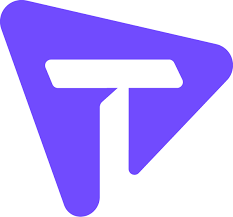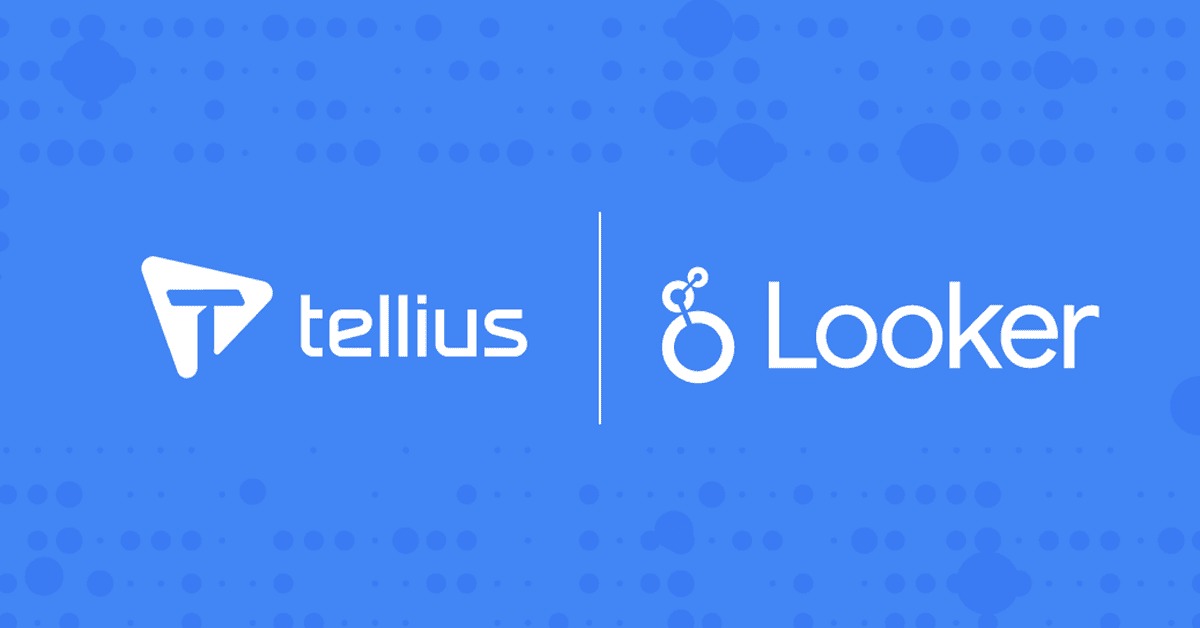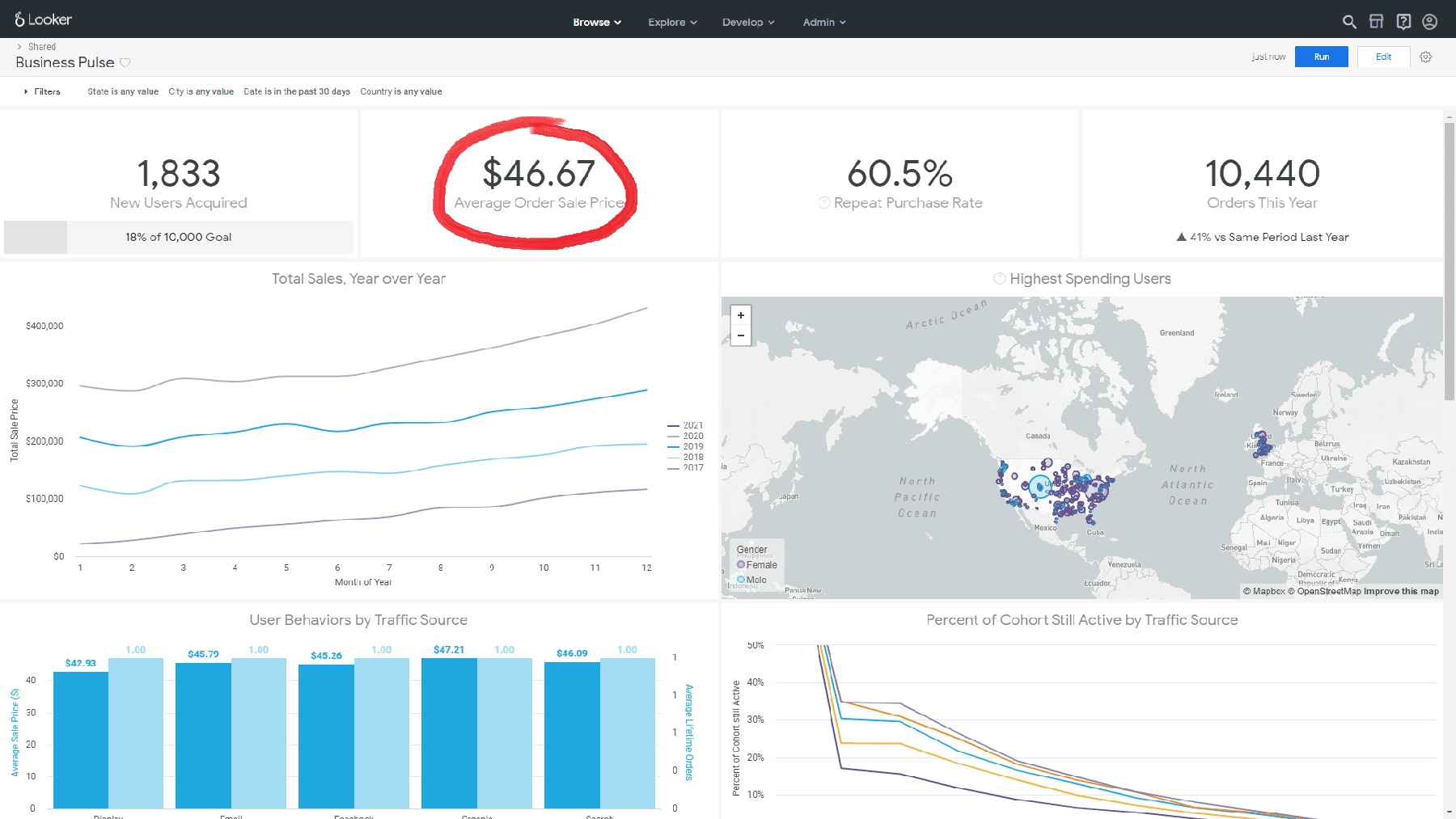How Looker AI Integrates with Google Cloud: The Future of Data Analytics
 Tellius Usa
Tellius Usa
In today’s data-driven world, businesses rely heavily on actionable insights to stay competitive. As organizations handle vast amounts of data from various sources, the need for advanced analytics tools becomes paramount. Looker AI, combined with the power of Google Cloud, offers a transformative approach to data analytics, enabling companies to unlock meaningful insights, scale efficiently, and make data-driven decisions in real-time.
What is Looker AI?
Looker AI is a modern business intelligence (BI) and data analytics platform that enables organizations to explore, analyze, and visualize data in ways that drive better decision-making. Unlike traditional BI tools that often rely on static reports and pre-defined metrics, Looker AI provides a flexible, scalable, and interactive data exploration environment. It allows users to create customized dashboards, generate real-time reports, and leverage machine learning models to derive actionable insights from their data.
Google Cloud and Looker AI: A Powerful Integration
Since Google’s acquisition of Looker in 2019, the integration of Looker AI with Google Cloud has strengthened its capabilities. This partnership brings several key benefits to organizations looking to optimize their data analytics infrastructure.

Seamless Data Access and Exploration
Looker AI's native integration with Google Cloud allows businesses to access, analyze, and visualize data stored across Google Cloud services such as BigQuery, Google Cloud Storage, and Cloud SQL. Looker can connect directly to Google Cloud’s scalable data infrastructure, enabling users to query large datasets in real-time without the need for data duplication. This ensures that organizations can efficiently manage their data while avoiding the common bottlenecks of traditional ETL (extract, transform, load) processes.
By leveraging Google BigQuery, a fully-managed data warehouse, Looker AI users can handle petabytes of data with ease. This direct integration means that even non-technical users can build complex queries and access insights without having to move or manipulate data outside of the Google Cloud ecosystem.
Enhanced Data Security and Governance
Security is a critical concern for businesses today. With Looker AI on Google Cloud, organizations benefit from Google’s enterprise-grade security features, including encryption, secure data transfers, and multi-layered identity management. Looker’s robust governance tools ensure that data is accessible only to authorized users, with clear role-based permissions that maintain the integrity of sensitive information.
Additionally, Looker AI integrates seamlessly with Google Identity and Access Management (IAM), ensuring that businesses can enforce security policies and data governance protocols across their cloud environment.
Scalability and Flexibility
One of the standout advantages of Looker AI on Google Cloud is its scalability. Google Cloud’s infrastructure is built to handle large-scale operations, allowing businesses to scale their analytics as their data grows. Whether you’re working with a few gigabytes or petabytes of data, Looker AI offers the flexibility to perform real-time analytics without compromising on performance.
Moreover, the integration between Looker AI and Google Kubernetes Engine (GKE) allows organizations to build and deploy scalable, containerized applications, enhancing the flexibility of their analytics infrastructure.
Advanced Machine Learning Capabilities
Google Cloud’s AI and machine learning (ML) services are seamlessly integrated with Looker AI, giving organizations access to powerful predictive analytics tools. By connecting Looker with Google AI Platform, businesses can create custom ML models that can be trained on their existing data. These models can then be applied to analyze trends, predict customer behavior, optimize operations, and even automate decision-making processes.
For example, companies can leverage LookML, Looker’s data modeling language, to create reusable data models that integrate directly with Google Cloud’s AI capabilities. This enables teams to perform advanced analytics tasks without the need for specialized data science expertise.
The Future of Data Analytics with Looker AI and Google Cloud
The integration of Looker AI with Google Cloud represents a significant leap forward in data analytics. Businesses are no longer limited by the constraints of traditional BI tools or siloed data environments. With this integration, organizations can access real-time data, scale analytics operations, and leverage AI-driven insights to stay ahead of the competition.
As data continues to play a pivotal role in business strategy, the combination of Looker AI and Google Cloud provides companies with the tools they need to thrive in an increasingly competitive landscape. The future of data analytics lies in platforms that combine flexibility, scalability, security, and intelligence — and Looker AI on Google Cloud is at the forefront of this revolution.
Subscribe to my newsletter
Read articles from Tellius Usa directly inside your inbox. Subscribe to the newsletter, and don't miss out.
Written by
